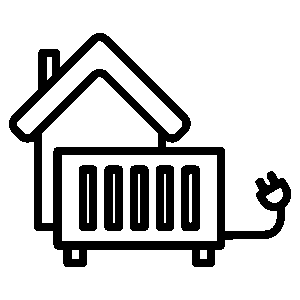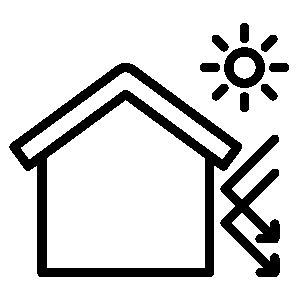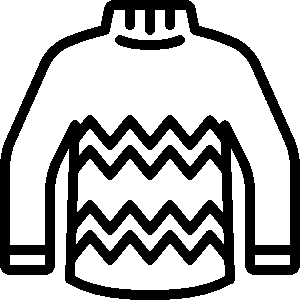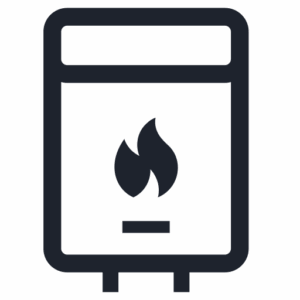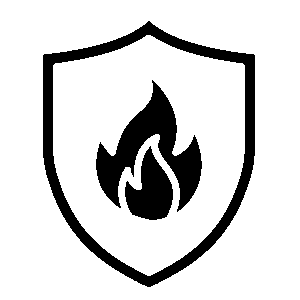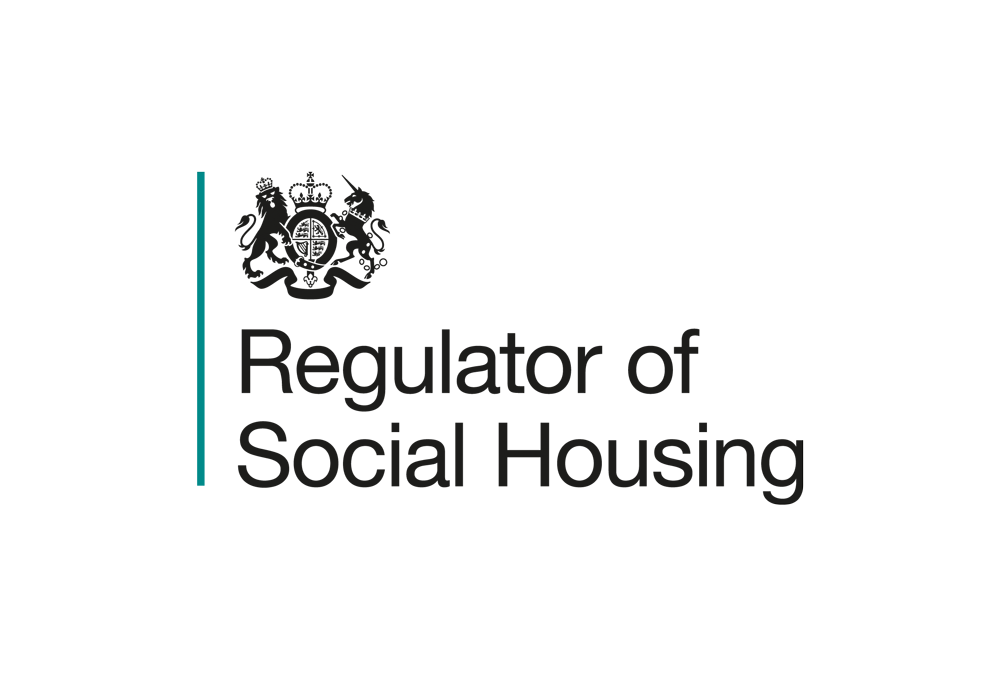As the winter months approach, keeping your home warm and comfortable becomes essential, not just for comfort, but also for health and energy savings. Whether you live in an SHA-managed property or a private home, small changes can make a big difference.
Here are some tips for SHA residents to consider:
Use your thermostat wisely: keep your home at a steady temperature rather than constantly turning the heating on and off.
- Zone heating: heat the rooms you use most and close doors to unused areas.
- Bleed radiators: remove trapped air to ensure radiators heat efficiently.
- Check for drafts: seal gaps around windows, doors, and skirting boards to prevent heat loss.
Items placed in hallways can block emergency exits, which are critical for safe evacuation during fires or other emergencies. Clutter can also contribute to the spread of fire by providing additional fuel.
- Windows: use thick curtains or thermal blinds to reduce heat escaping through glass.
- Doors: draught excluders at the bottom of doors can keep warm air in.
- Lofts and walls: proper insulation in lofts and cavity walls can drastically reduce heat loss and energy bills.
In an emergency, first responders such as firefighters or paramedics might face delays if hallways are obstructed by stored items, potentially resulting in slower response times and increased risk.
- Layer up: wearing warm clothes and using blankets reduces the need to overheat your home.
- Rugs and carpets: these help insulate floors and keep rooms warmer.
- Close curtains at night: prevent heat from escaping through windows while sleeping.
Items left in common areas increase the risk of trips, falls, or other accidents, especially in low-visibility situations or during wet weather when hallways might be slippery.
- Regular servicing: SHA ensures gas boilers and heating systems are serviced annually, electrics every five years, and Energy Performance Certificates are issued every ten years.
- Check timers and settings: set heating to come on before you wake up or return home.
- Portable heaters: use safely in occupied rooms – avoid leaving them unattended.
Items placed in hallways can block emergency exits, which are critical for safe evacuation during fires or other emergencies. Clutter can also contribute to the spread of fire by providing additional fuel.
- Draft-proofing: use weatherstrips or seals to prevent cold air entering.
- Hot water: keep your hot water cylinder insulated where appropriate.
- Smart heating: consider programmable or smart thermostats for efficient control.
In an emergency, first responders such as firefighters or paramedics might face delays if hallways are obstructed by stored items, potentially resulting in slower response times and increased risk.
- Blocking radiators: Never block radiators or heaters with furniture or laundry.
- Portable heater location: Ensure portable heaters are away from curtains and flammable items.
- Detectors: Check smoke and carbon monoxide detectors – heating systems in winter can increase risks.
Items left in common areas increase the risk of trips, falls, or other accidents, especially in low-visibility situations or during wet weather when hallways might be slippery.
Key considerations:
- Keep your home at a steady, comfortable temperature.
- Seal gaps, insulate, and layer up to retain heat.
- Maintain your heating system for safety and efficiency.
- Small changes can save energy and reduce bills while keeping you warm.
- Allow SHA and SHA contractors access to your property to carry out necessary works in good time.
By following these tips, you can enjoy a warm, safe, and energy-efficient home all winter long, without spending a fortune on heating.
If you have any questions regarding heating or saving energy, do not hesitate to contact your SHA housing officer.



